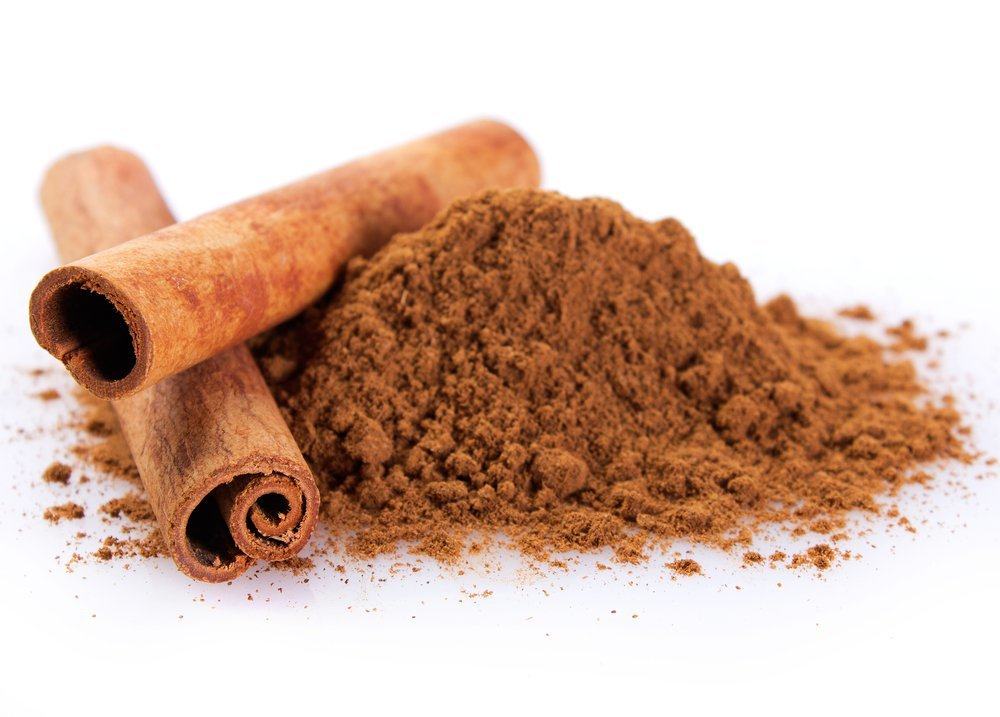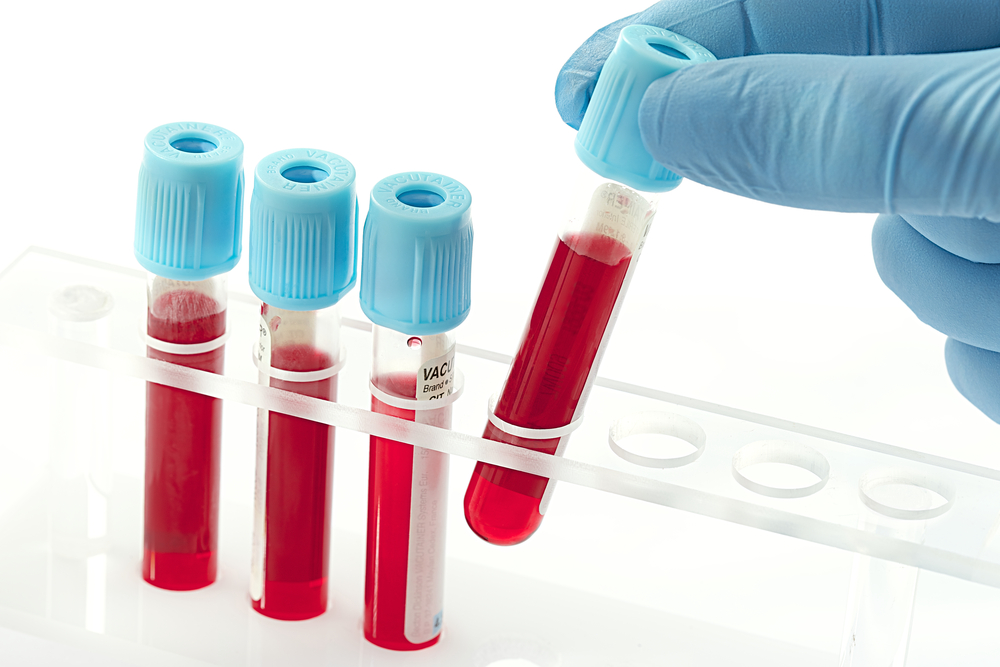Contents:
- Medical Video: Drink cinnamon tea every morning | And get 7 proven benefits
- Benefits of cinnamon for health
- 1. Anti blood clots
- 2. Increases sensitivity to the hormone insulin
- 3. Role in neurodegenerative diseases
- 4. Antioxidants
- 5. Antimicrobials
Medical Video: Drink cinnamon tea every morning | And get 7 proven benefits
The benefits of cinnamon as a seasoning are well known. Cinnamon is a spice extracted from the genus bark Cinnamomum which is included in Indonesia's largest export commodity.
However, it is not only used as a mixture of food and beverages, it is also used in the pharmaceutical and cosmetics industries because it has proven to have various benefits in the health sector. One of the cinnamon species that has an important role in health is native Indonesian cinnamon, namely Cinnamomum burmannii, which is also believed to be useful for preventing nausea, reducing muscle spasms, removing gas, and preventing infection.
In the world of human health, cinnamon has a large enough role, including antioxidants and antimicrobials when dealing directly with oxidants or microbes, and acts as an anti-inflammatory, anticancer and antidiabetic indirectly through mediated receptor mechanisms. The role of cinnamon in health is supported by active ingredients found in essential oils in the wood, among others cinnamaldehyde, cinnamyl acetate, and cinnamyl alcohol.
Benefits of cinnamon for health
1. Anti blood clots
The active ingredient in cinnamon, cinnamaldehyde, it has been investigated to have an effect on blood platelets, namely the blood part has a role in the process of blood clotting at the time of the wound. However, under certain conditions, platelets also have a tendency to clot blood under normal conditions. In addition to inhibiting blood flow, blood clots in the blood circulation by platelets will affect the process of transporting oxygen and nutrients to all body cells and increasing blood pressure.
Cinnaldehyde in cinnamon can help prevent blood clots when unwanted by inhibiting the release of arachidonic fatty acids from platelets and reducing molecular formation thromboxane A2 from platelets. This has also been proven through research by a team from Chiba University, Japan.
2. Increases sensitivity to the hormone insulin
the contribution of chromium and polyphenols in cinnamon has been shown to increase sensitivity to the hormone insulin, considering these compounds have effects similar to insulin signaling and glucose control. The increased sensitivity to insulin in a person's body, the less amount of insulin that person needs to make blood sugar stabilize. With increased sensitivity to the hormone insulin, the risk of high blood pressure, type two diabetes, and cholesterol can be minimized.
3. Role in neurodegenerative diseases
Neurodegenerative or nerve cell death is a trigger for various neurological diseases, such as Alzheimer's, Parkinson's, Huntington's, and the like. These neurodegenerative diseases are related to damage to nerve cells and affect motion control, processing sensory information, and taking memory.
The benefits of cinnamon have long been believed in the therapy of neurodegenerative diseases, one of which is Alzheimer's disease. Compound cinnamaldehyde and epicatechin contained in cinnamon can prevent the collection of protein tau (τ) in the brain. These compounds have been shown to prevent clots from occurring and possibly prevent Alzheimer's disease.
4. Antioxidants
Among the herbs, cinnamon has been shown to have high antioxidant activity. Cinnamon contains antioxidants, one of which is polyphenols (hydroxycinnamic acids), which can protect the body from oxidative damage from free radicals. Polyphenols in cinnamon can also be useful for maintaining and maintaining other human health, including protecting the skin from UV radiation, reducing signs of aging, reducing inflammation, maintaining brain health and protecting from dementia, maintaining the heart and blood vessel systems, and inhibiting tumor growth and cancer cells.
Antioxidants from food ingredients is one of the things needed by humans today, especially those who have to deal with pollution in big cities, to maintain health, and consumption of cinnamon to taste is one solution to this problem.
5. Antimicrobials
Cinnamon has the ability to stop the growth of bacteria and fungi, one of which is the type Candida. Candida is an infectious microorganism that can be found in the mouth, intestine, and vagina, which causes diseases of the skin and mucous membranes. Infection Candida on the inside of the body can be reduced even stopped by consuming cinnamon. This role is supported by the womb cinnamaldehyde which is found in cinnamon oil.
In addition to treating infections caused by fungi CandidaAnother benefit of cinnamon is that it can treat diseases Irritable Bowel Syndrome (IBS) caused by bacterial gastroenteritis.












